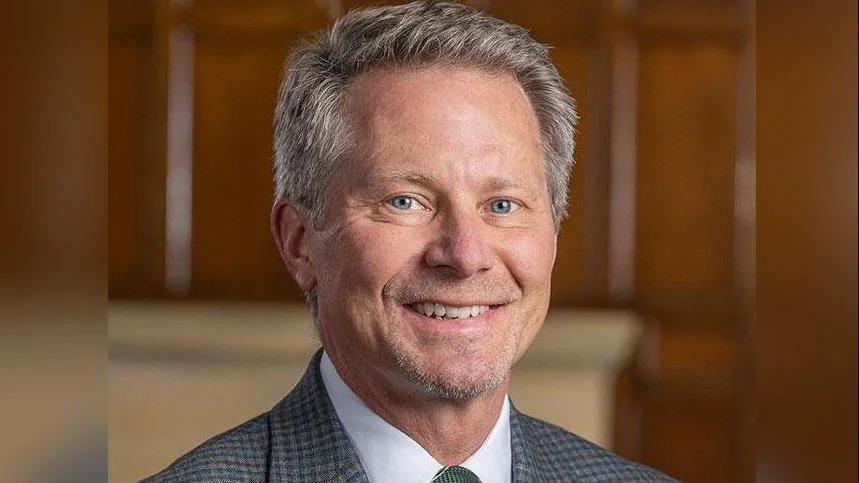Kevin M. Guskiewicz President at Michigan State University | Official website
Kevin M. Guskiewicz President at Michigan State University | Official website
In 2014, Flint, Michigan faced a significant crisis when it was discovered that the city's drinking water had been contaminated with lead. This occurred after a switch to the Flint River as the main water source. Residents noticed changes in their water's color, smell, and taste long before this issue gained national attention. Many were exposed to dangerous levels of lead, leading to serious health consequences.
Kent Key, an assistant professor at MSU’s College of Human Medicine and a Flint native, has highlighted how the crisis intensified interest in "inherited health." This concept has often been overlooked but is crucial given historical disparities in healthcare for Black Americans.
"African Americans have been underrepresented in research," Key stated. He cited historical injustices such as the Tuskegee Syphilis Study and the case of Henrietta Lacks as reasons for distrust in medical research among African Americans.
Key noted that many African Americans adopt a culture of silence about health issues due to historical mistrust and religious beliefs. These factors contribute to their underrepresentation in health studies despite being disproportionately affected by chronic diseases.
To address these issues, Key collaborated with Flint community members Mrs. E. Hill De Loney and Reverend Sarah Bailey on creating a family health history (FHH) toolkit tailored for African Americans. In 2021, Key received a grant from the National Institute on Minority Health and Health Disparities to develop this toolkit with community input.
The project aims to encourage discussions about inherited health within families and improve communication with healthcare providers. De Loney and Bailey have played key roles in engaging the community post-water crisis for this study.
The study involves several phases including focus groups and workshops designed to identify priorities for a culturally appropriate FHH toolkit. Participants are helping design aspects like color schemes while also addressing historical harms done through unethical research practices.
Currently in its third phase, fifteen participants are using the toolkit over several months to assess its effectiveness in recording health history and facilitating conversations with healthcare providers.
Key plans to conduct a randomized controlled trial involving 100 African Americans using both generic and culturally specific toolkits developed through community collaboration.
Bailey expressed optimism about the potential impact of this work beyond African American communities facing similar disparities: “I’m eager to see if a toolkit like this can work outside of African American communities.”
Key concluded his thoughts on empowering individuals regarding their own health destinies: “We might not leave a legacy of wealth but we’ll leave a legacy of health.”






 Alerts Sign-up
Alerts Sign-up